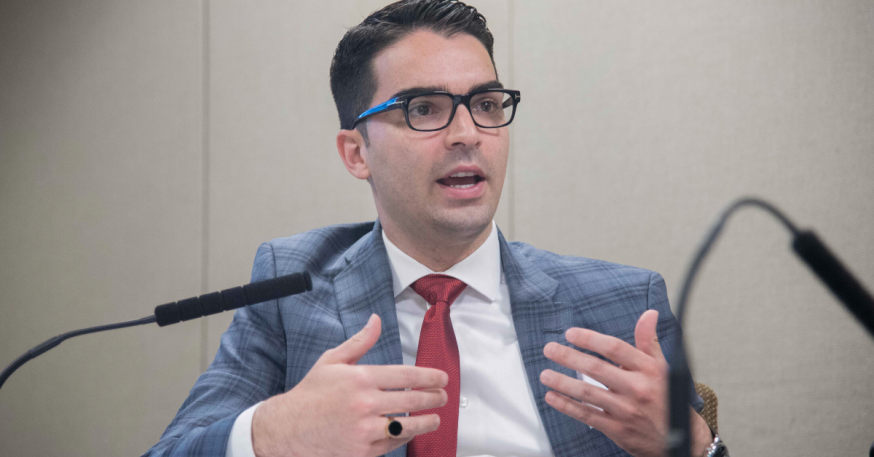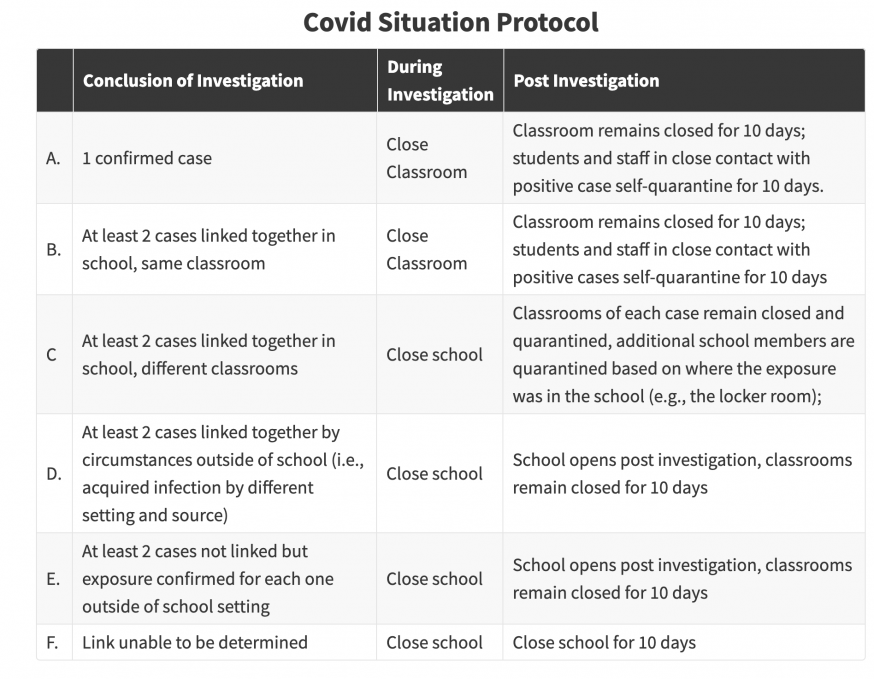
Council Member Erich Ulrich (NYC Council, John McCarten via Flickr)
March 23, 2021 By Allie Griffin
Council Member Eric Ulrich is calling on Department of Education to change its protocols on school closures–to prevent school buildings from shutting down and reopening so frequently.
Ulrich penned a letter to Schools Chancellor Meisha Ross Porter urging her to reconsider the current DOE policy that requires school buildings to close for 10 days if two unlinked COVID-19 cases are found within the school community.
“While I commend DOE and its unprecedented efforts to transition from in-person learning to remote learning during the peak of the pandemic, the frequent closures at schools in my district have been especially challenging for students and parents,” Ulrich wrote in a March 18 letter.
“I am writing to urge you to reconsider the current standards and protocols for closing school buildings with regards to COVID-19.”
The policy — crafted in a deal with the United Federation of Teachers (UFT) — has caused frequent school closures and reopenings that has created instability for young students and parents alike, Ulrich said.
Ulrich said hundreds of parents have called his office to complain about the policy.
“In recent months, schools in my district have been opened and closed so many times that hundreds of parents have contacted my office to complain,” he said in the letter. “In some cases, entire buildings were closed on account of just two positive cases.”
Currently, there are 186 school buildings closed citywide due to positive COVID-19 cases, according to DOE data.
Since September, there have been more than 2,000 school closures of ten days or more and another 817 single-day closures.

School closure protocols (UFT)
The frequent closures often leave working parents scrambling last minute to find a babysitter or daycare.
“As parents and guardians have been returning to work, finding childcare during the school hours has become a massive burden – and oftentimes, a costly one,” Ulrich wrote. “During a time of such economic uncertainty, we cannot afford to put parents in a position where they must choose between putting food on the table and caring for their child during school hours.”
Mayor Bill de Blasio has repeatedly said he would review the two-case closure policy, but has yet to make any definitive announcements on it.
The president of the UFT, Michael Mulgrew, said he is against relaxing the policy for the time being on the Brian Lehrer show last week.
“We can’t just say, because they’re inconvenience, we don’t want them,” Mulgrew said of the closure policy. “Then we make a mistake.”





